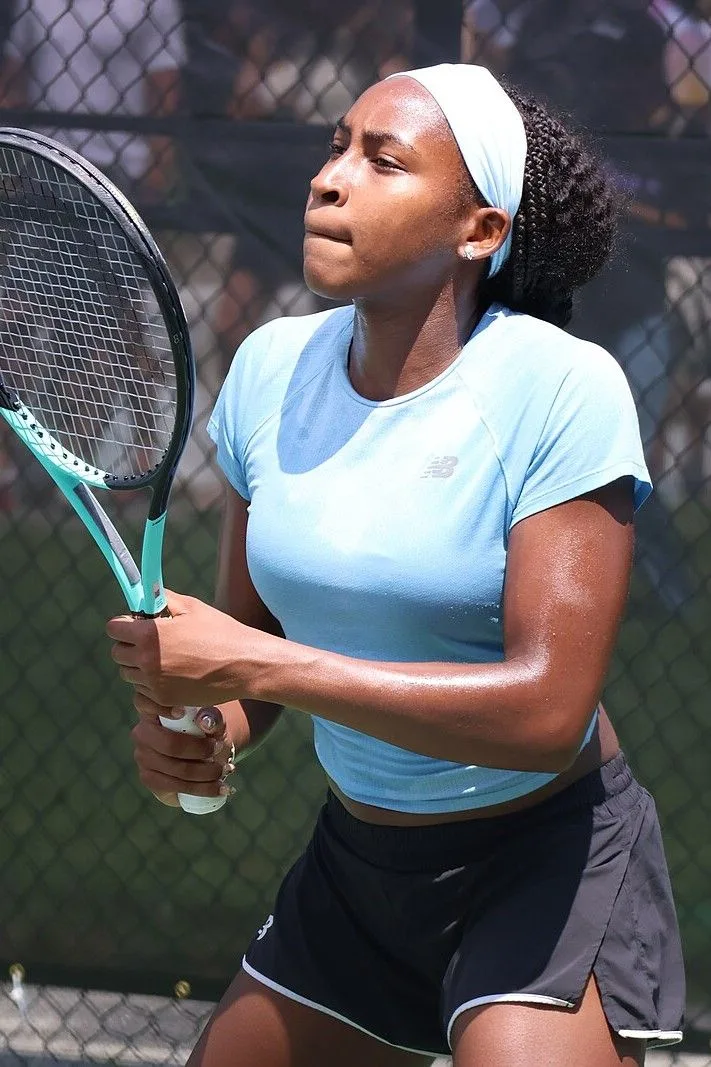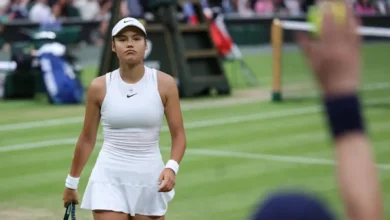Djokovic, Gauff lead push for fairer prize money, more player power | Daily Sabah

In recent developments within the professional tennis community, prominent figures such as Novak Djokovic and Coco Gauff have spearheaded initiatives advocating for increased prize money and enhanced player influence in decision-making processes. This movement underscores a broader push for equitable revenue distribution and improved conditions for athletes across the sport.
Collective Appeal to Grand Slam Organizers
A coalition of twenty top-ranked tennis players, including Novak Djokovic, Jannik Sinner, Coco Gauff, and Aryna Sabalenka, addressed a letter to the organizers of the four Grand Slam tournaments—Australian Open, French Open, Wimbledon, and the U.S. Open. Dated March 21, the letter outlined three primary demands:
-
Financial Contributions to Player Welfare Programs: The players emphasized the necessity for Grand Slam tournaments to allocate funds specifically for initiatives aimed at supporting player health and well-being.
-
Increased Prize Money Reflecting Player Contributions: The letter called for a substantial raise in prize money, arguing that current compensation does not adequately reflect the players’ role in generating tournament revenues.
-
Greater Player Input in Decision-Making: The signatories sought a more significant role in decisions affecting competition formats and player health, advocating for a collaborative approach between tournament organizers and athletes.
This collective action highlights the players’ unified stance on seeking a fairer share of the revenues they help generate, especially given the substantial profits reported by major tournaments.
Formation and Actions of the Professional Tennis Players Association (PTPA)
The Professional Tennis Players Association (PTPA), co-founded by Novak Djokovic, has been instrumental in advocating for players’ rights. In March 2025, the PTPA filed a lawsuit against major governing bodies, including the ATP Tour, WTA Tour, International Tennis Federation (ITF), and International Tennis Integrity Agency (ITIA). The lawsuit alleges anti-competitive practices and inadequate player welfare standards, accusing these organizations of monopolizing control, offering low compensation, and enforcing stringent ranking systems that adversely affect players.
This legal action signifies a pivotal moment in professional tennis, as players seek to challenge existing structures and advocate for a more equitable distribution of the sport’s revenues.
Diverse Perspectives on Prize Money Distribution
The push for increased prize money has elicited a range of responses within the tennis community. While many top players support the initiative, some critics argue that the current compensation levels are justified, considering the financial landscape of the sport. For instance, an editorial in The Times contends that the comparison between tennis and team sports like basketball or baseball is flawed due to inherent differences in economic and operational structures. The editorial also notes that prize money has seen substantial increases over the past decade, with first-round losers now earning significant sums, and emphasizes that events like Wimbledon reinvest profits into national tennis development.
Individual Initiatives: Coco Gauff’s Entrepreneurial Move
Beyond collective efforts, individual players are also taking steps to assert greater control over their careers. Coco Gauff, ranked No. 3 globally and the 2023 US Open champion, recently announced the launch of her own management firm, Coco Gauff Enterprises. This decision marks her departure from Team8, the agency owned by Roger Federer, which had represented her since she was 13. Gauff’s move reflects her desire to take greater ownership of her career and make an impact beyond tennis, encompassing business and philanthropic endeavors.
Ongoing Debates and Future Implications
The discourse surrounding prize money and player influence in tennis is multifaceted, involving considerations of revenue distribution, the structure of the sport, and the roles of governing bodies. While players advocate for a more equitable share of the revenues they help generate, tournament organizers and some commentators highlight the complexities involved, including the need to reinvest profits into the sport’s development and maintain financial sustainability.
As these discussions continue, the outcomes of initiatives like the PTPA’s lawsuit and collective player appeals may significantly shape the future landscape of professional tennis, potentially leading to reforms that address the balance of power and financial distribution within the sport.



